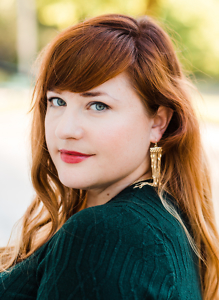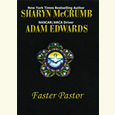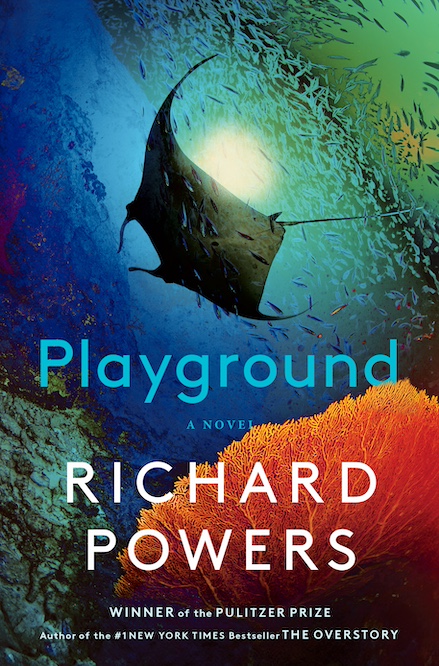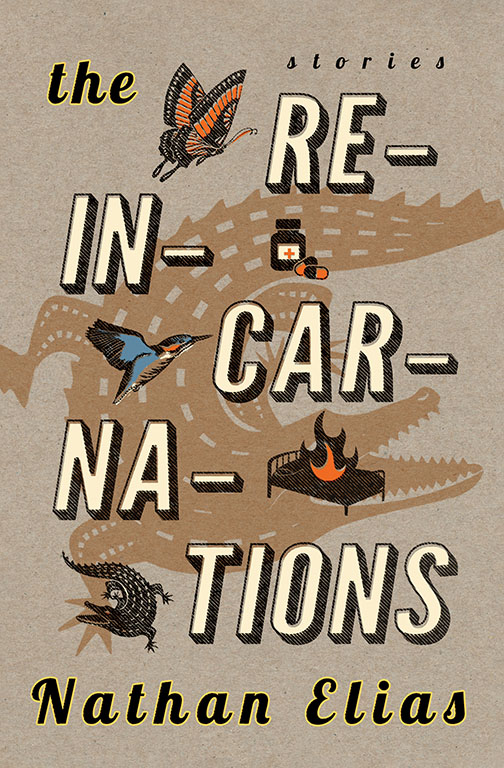The Wolf at the Door—and Inside It
In Brute, poet Emily Skaja invokes the savage ironies of love
In Brute, winner of the Academy of American Poets’ prestigious Walt Whitman Award, Memphis poet Emily Skaja writes with astonishing skill and versatility . But her unifying theme ain’t pretty: these poems are not so much a diary of desire as a chronicle of the way desire fatigues us, love and hope eclipsed by rage and violence.

We are all animals, Skaja insists, hurt by our hunger. Throughout Brute’s four sections, she howls over the carcass of a doomed relationship, her pain more acute for her command of language. Her story reveals a history of abuse, largely at the hands of one cruel man, that pollutes other romances as well. This homme fatal is both seducer and sorcerer, casting a spell; there are hints of infidelity and assault, yet Skaja clings to him, needing to possess him as he possesses her. It’s no surprise that an emotional asymmetry emerges.
As Robert Lowell once noted, “Very ugly emotions perhaps make a poem,” and Skaja doesn’t hold back. Her journey is harrowing, girded by the trope of the brute—a feral creature, such as a wolf—and by a blazing, restless use of form. She sharpens the poems’ agony through a rich intimacy with the poetry that’s come before her. “Brute Strength,” for instance, has fourteen lines but is not a strict sonnet, relying instead on deft internal rhymes. Skaja pays homage to her literary mothers: the allegories of Anne Carson, H.D.’s fascination with Greek myth (Eurydice haunts these pages), and Sylvia Plath’s “Daddy,” which begets a poem titled “The Brute/Brute Heart.”
Variety is Skaja’s game: she deploys non-sequiturs and elliptical imagery with surgical precision, seeking power in contradiction, masking a drama impossible to disguise. She shifts between longer accentual lines and shorter, two-beat ones that recall H.D.’s Hymen. She tosses off curses and f-bombs counterpoised by elegant turns of phrase: By now you’ve seen my constellation, the jaw of a wolf. / Can you tell that the stars are on fire with longing? And she uses enjambment the way Van Gogh used color: expressive, conspicuous, irresistible. Again and again she breaks her lines to evoke the savage ironies of love, as in “Dear Emily,” a letter to her younger self:
You waited for hail,
a plague of swollen fishto sting his mouth
before you slapped him,before he told you
You’re the onewho ruined your life.
The death of love may be paramount here, but in the background there’s also a love that transcends death. Skaja grew up in rural Illinois, in a “house between two cemeteries.” Interspersed throughout Brute is a series of elegies, mostly prose poems, that reflect on the early suicide of an unnamed loved one, a trauma that still gnaws at Skaja decades later. These elegies are somber and subtle with the hard work of grief.
Her emotional range keeps extending as the collection unfolds. In “Aubade with Boundaries,” for example, her meter teeters, mimicking the bob and weave of memory itself:
Now I’ve learned to say remember like memory is not
The axis on which the world shifts,
& interplanetary garbage is not, like, just drifting.
Eventually Skaja accepts that she must leave her abusive relationship behind. With the support of a community of women she honors in “Dear Katie” and “Dear Ruth,” and her own droll wit, she swallows the bitter pill of moving on: “My mother says, Why not date yourself for a while? / Accordingly, I listen to all seven Harry Potters.
Emily Skaja brings an inventive imagination and fearless pursuit of craft to Brute, a voice fully formed in a captivating first book. We can expect great things from her in the future.
 Hamilton Cain is the author of This Boy’s Faith: Notes from a Southern Baptist Upbringing and a finalist for a 2006 National Magazine Award. A native of Chattanooga, he lives with his family in Brooklyn, New York.
Hamilton Cain is the author of This Boy’s Faith: Notes from a Southern Baptist Upbringing and a finalist for a 2006 National Magazine Award. A native of Chattanooga, he lives with his family in Brooklyn, New York.


